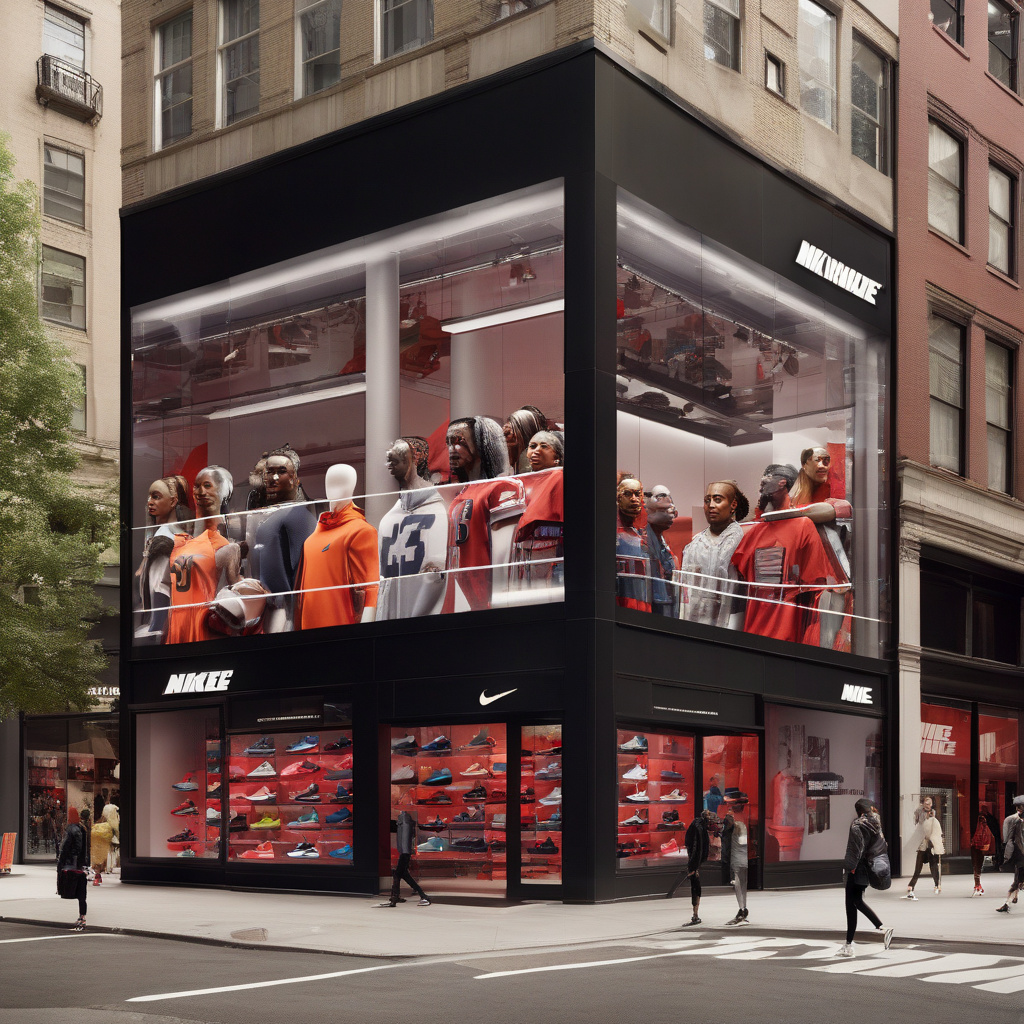Nike Fourth-Quarter Sales Fall by Less Than Expected
Nike, the global sportswear giant, recently announced that its fourth-quarter sales fell by less than expected. Despite the decline, CEO Elliott Hill expressed optimism, stating that the company is making progress in its turnaround effort. However, he also acknowledged that a full return to growth will require time and strategic planning.
The news of Nike’s fourth-quarter sales performance comes amidst a challenging retail landscape, marked by shifting consumer preferences and the ongoing impact of the global pandemic. As one of the leading players in the athletic apparel industry, Nike’s performance is closely watched and often serves as a barometer for the broader retail sector.
Despite the sales dip, there are several key factors that indicate Nike’s resilience and potential for future growth. One such factor is the company’s strong brand presence and customer loyalty. Nike has long been synonymous with innovation, quality, and performance, attracting a diverse customer base ranging from professional athletes to casual fitness enthusiasts.
Moreover, Nike’s commitment to sustainability and social responsibility has resonated with consumers who prioritize ethical practices and environmental stewardship. The company’s efforts to reduce its carbon footprint, eliminate waste, and promote diversity and inclusion have not only enhanced its brand reputation but also attracted socially conscious consumers.
In addition to its brand strength, Nike has been investing heavily in digital innovation and e-commerce capabilities. The shift towards online shopping accelerated during the pandemic, and Nike was quick to adapt to this changing retail landscape. By enhancing its digital platforms, expanding its online product offerings, and investing in personalized customer experiences, Nike has been able to reach consumers wherever they are and provide a seamless shopping experience.
Furthermore, Nike’s focus on product innovation and collaboration with top athletes and designers has enabled the company to stay ahead of trends and maintain its competitive edge. From cutting-edge performance footwear to stylish athleisure collections, Nike continues to push the boundaries of design and technology, setting new industry standards and captivating consumers worldwide.
Looking ahead, CEO Elliott Hill’s comments about the company’s turnaround efforts signal a strategic and proactive approach to addressing current challenges and positioning Nike for future success. By prioritizing key initiatives such as digital transformation, sustainability, and innovation, Nike is laying the foundation for sustained growth and relevance in a rapidly evolving market.
While the road to recovery may be gradual, Nike’s strong brand equity, commitment to excellence, and forward-thinking strategies bode well for its long-term prospects. As the company navigates the complexities of the retail landscape and consumer behavior shifts, its ability to adapt, innovate, and connect with customers will be critical in driving future growth and profitability.
In conclusion, Nike’s fourth-quarter sales performance, while below expectations, reflects a resilient and forward-looking company that is actively pursuing strategic initiatives to overcome challenges and drive long-term success. With a focus on innovation, sustainability, and digital transformation, Nike is well-positioned to weather the current retail environment and emerge stronger in the post-pandemic era.
Nike, Sales, Growth, Innovation, Sustainability












